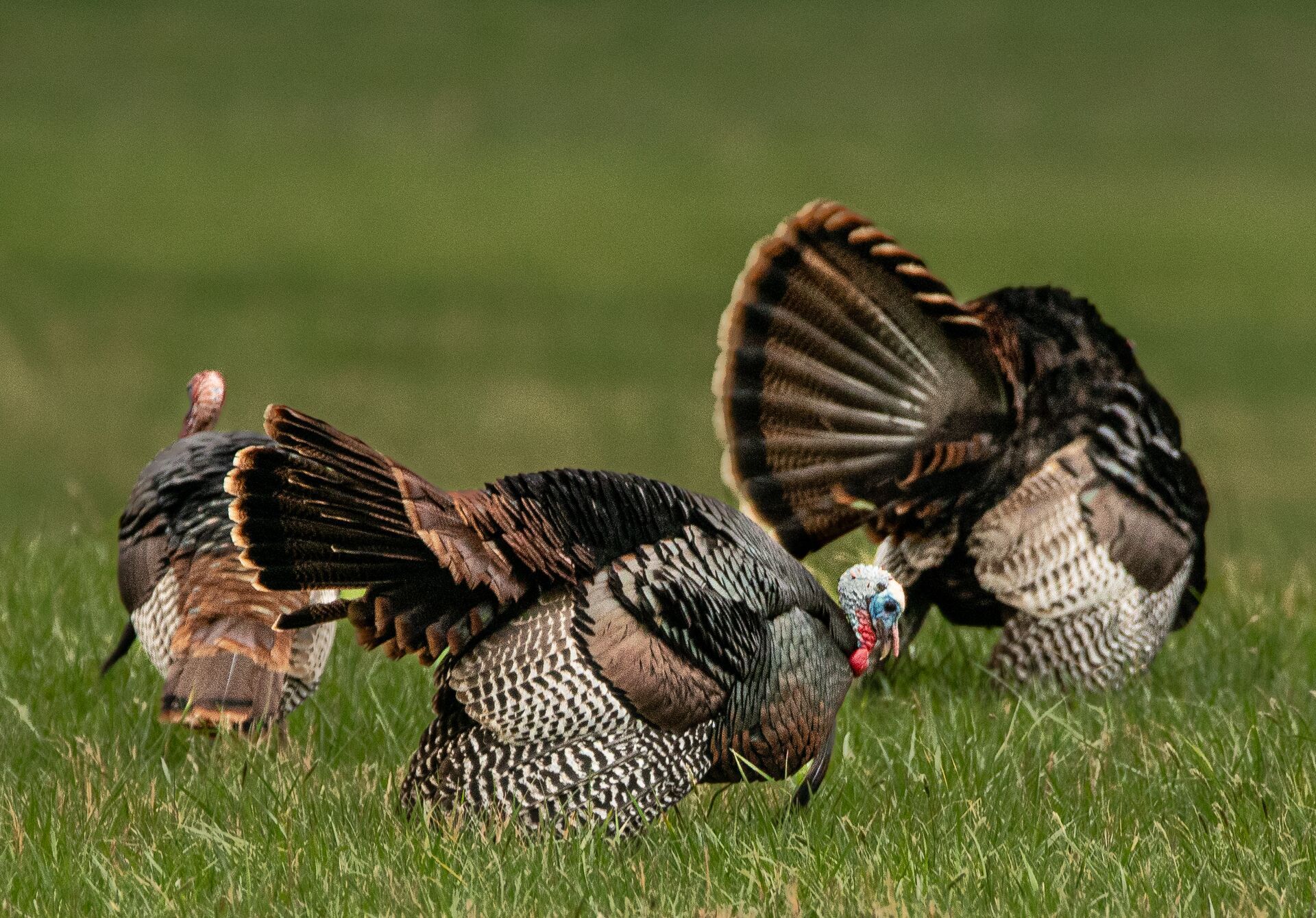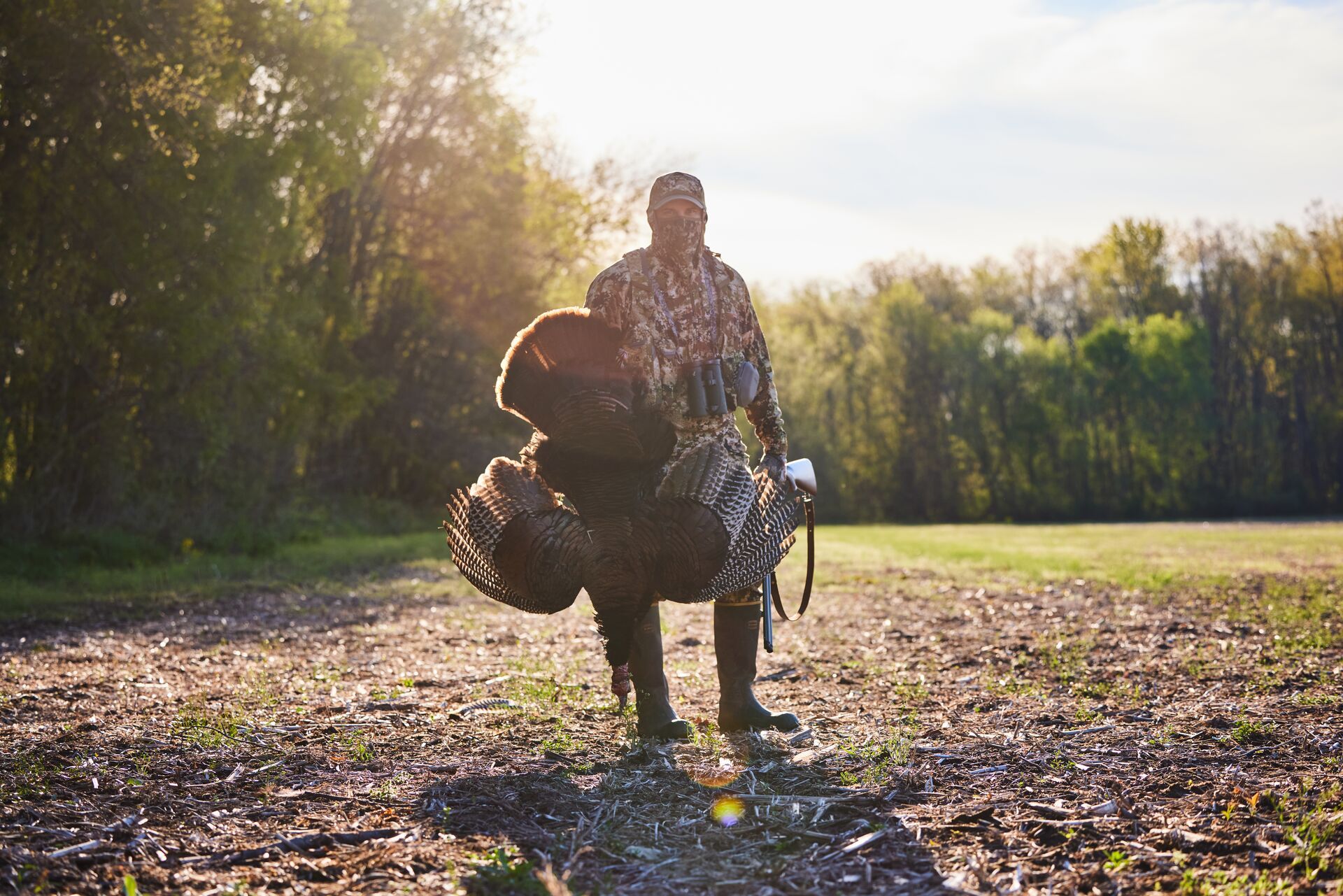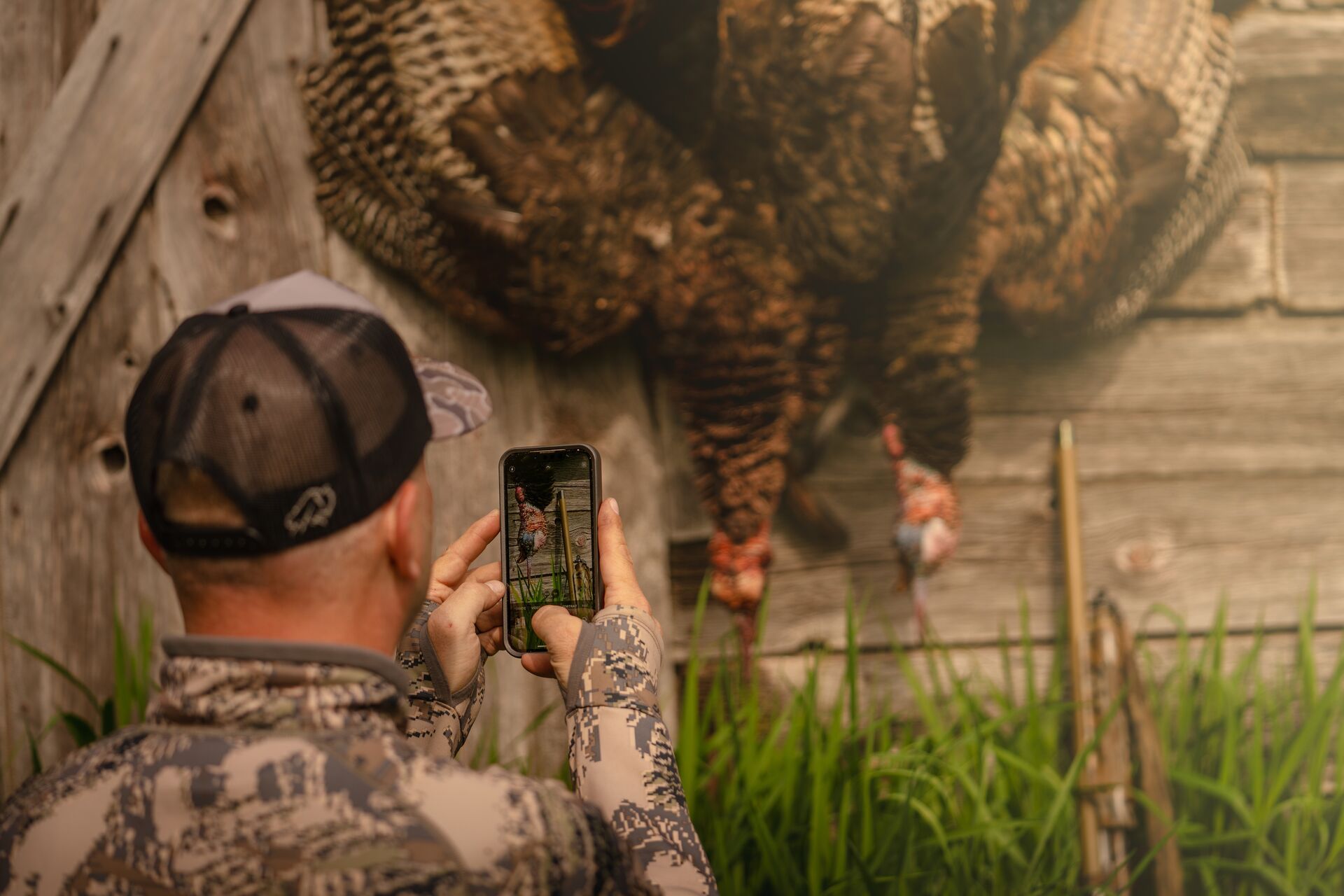Field Guide / Turkey
6 Tips To Help You Prepare For Spring Turkey Hunting
Wild turkeys are not only fun to hunt, but with their growing popularity and paranoid mindset, they are also quite a challenge. They are quick, yet they are easily fooled once you know how to get them into your sites.
Previous in Turkey
More Content Like This
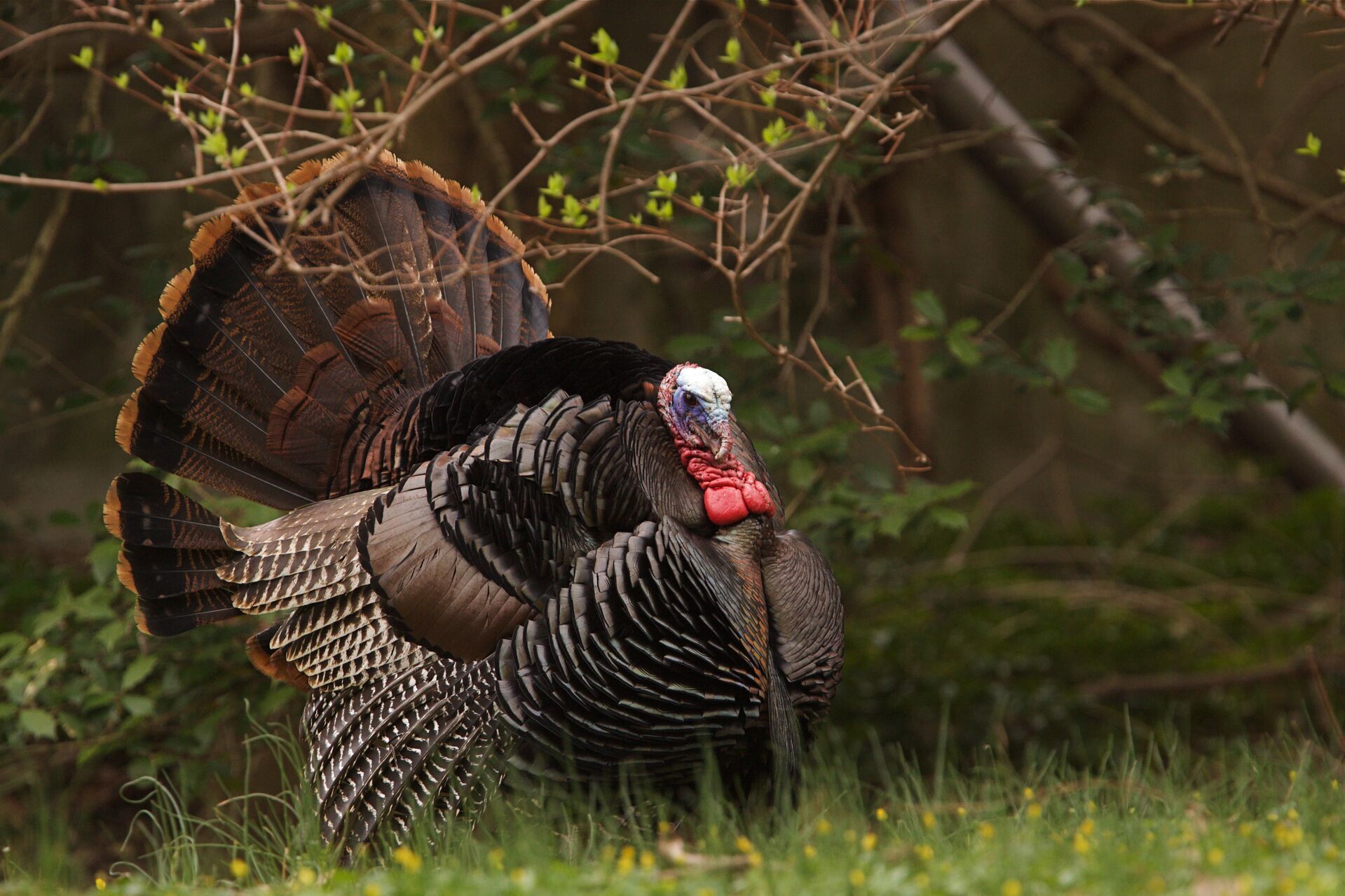
Turkey Talk: All About the Eastern Turkey
Few species captivate the imagination and hunting spirit of the American hunter more than the eastern turkey. With its stunning plumage, unique physical characteristics that set it apart from its Western counterpart, and adaptability to its homeland,...Read More
Read More4 Types Of Weather You Shouldn't Avoid During Turkey Season
At HuntWise, we genuinely believe the best time to be in the field is when the season is open. Granted, it is essential to consider potentially dangerous weather conditions and how that could impact your safety and success when hunting. However, we f...Read More
Read More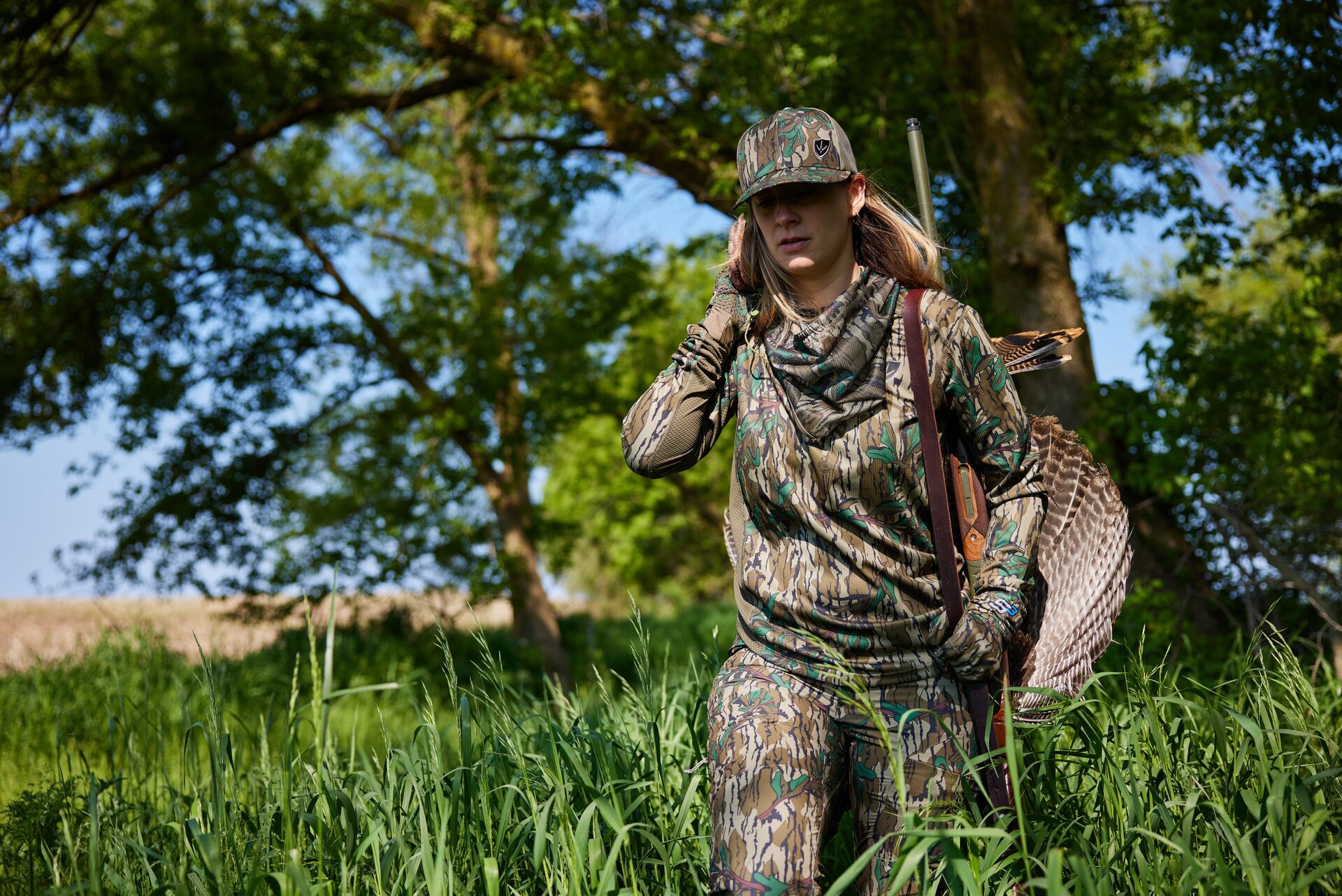
What Are Wisconsin Turkey Zones?
Wisconsin is a hot spot for turkey hunters thanks to generous limits and a profoundly diverse and rich landscape. It has consistently been named one of the best states in the country for gobblers.Read More
Read More Turkey
TurkeyTurkey Talk: All About the Eastern Turkey
Few species captivate the imagination and hunting spirit of the American hunter more than the eastern turkey. With its stunning plumage, unique physical characteristics that set it apart from its Western counterpart, and adaptability to its homeland,...Read More
Read More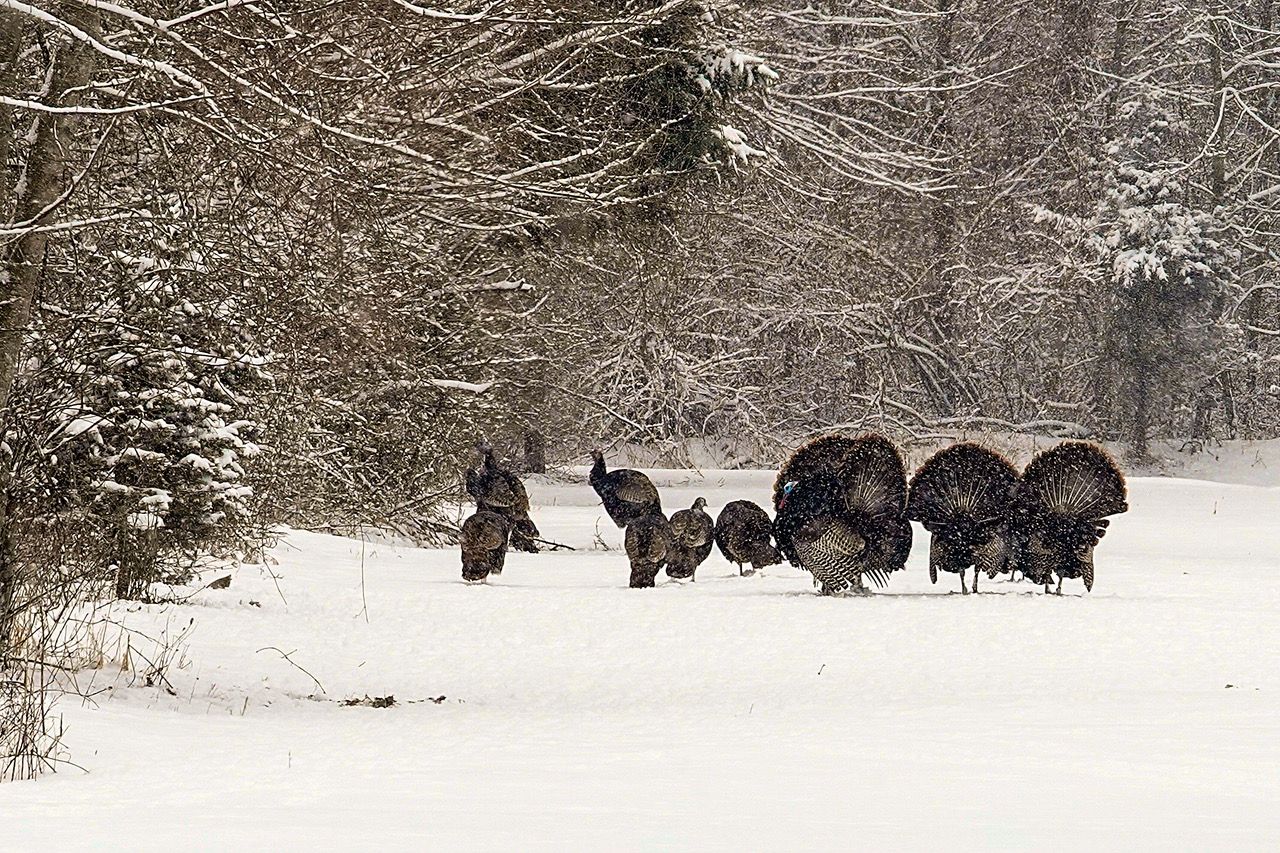 Turkey
Turkey4 Types Of Weather You Shouldn't Avoid During Turkey Season
At HuntWise, we genuinely believe the best time to be in the field is when the season is open. Granted, it is essential to consider potentially dangerous weather conditions and how that could impact your safety and success when hunting. However, we f...Read More
Read More Turkey
TurkeyWhat Are Wisconsin Turkey Zones?
Wisconsin is a hot spot for turkey hunters thanks to generous limits and a profoundly diverse and rich landscape. It has consistently been named one of the best states in the country for gobblers.Read More
Read More
1 of 3
